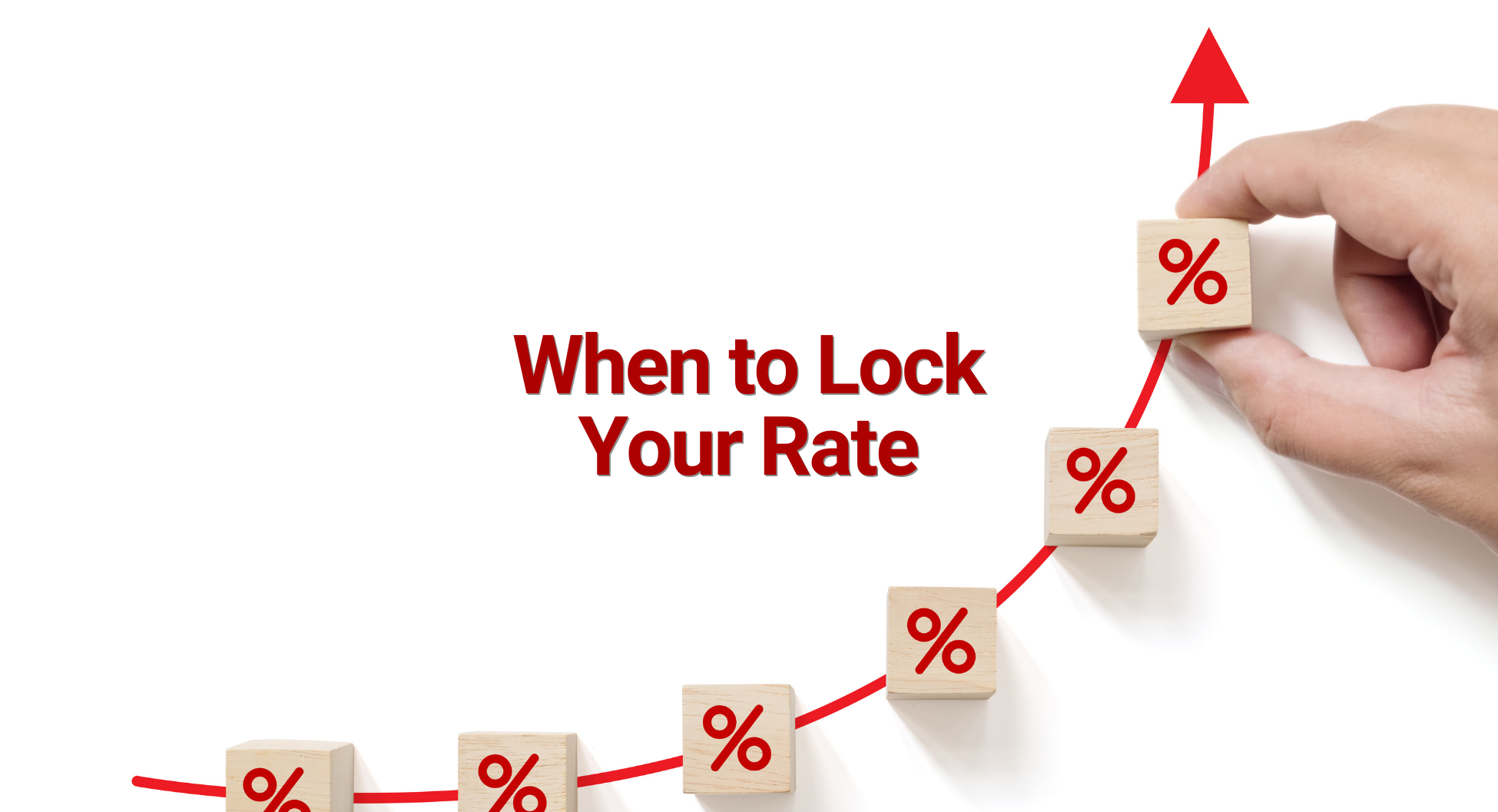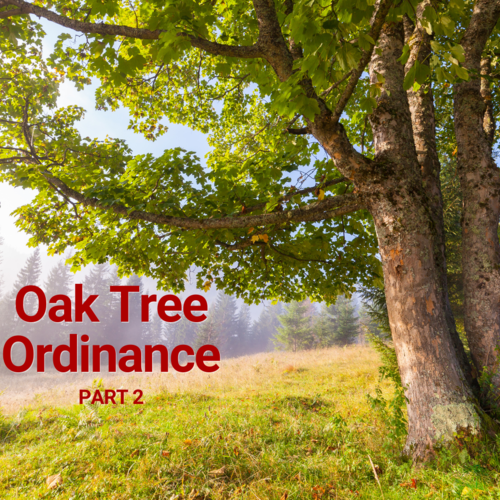Interest rates can have a dramatic effect on the cost of real property over time. To guard against rate changes during the escrow process, buyers sometimes opt for a rate-lock. That is, when a property is in escrow and interest rates are favorable, a buyer can pay a fee (called points) or pay with a small increase in the interest rate to lock the rate for a period of time, thereby protecting against any upward fluctuations.
Since interest rates can vary from day to day, even from hour to hour, it’s important to know whether the rate you’re quoted will be your rate at the close of escrow. Before the pandemic, the average escrow took 47 days to close. Since the pandemic, escrows have been taking longer, which provides more time for interest rate fluctuations.
As I write this, rates are historically low, and I expect they’ll remain low for some time, but by the time you read this, things may have changed. Interest rates are a measure of the cost of lending money, and money follows the same rules as other goods and services in the economy, the rules of supply and demand.
Because of the coronavirus, the economy has slowed. Businesses aren’t borrowing the way they usually do, so there’s more money available to lend. When supplies increase, costs decrease. Eventually, as the cost of borrowing decreases (as interest rates drop), more people can afford to borrow, and the excess money gets tied up in loans. When there is less money available, rates start to go back up. That’s how the free market works.
So, should you lock in a rate? If so, when? Because I don’t have a crystal ball, I cannot, with confidence, tell you if and when to lock a rate. What I can tell you is this: if you can afford the property you want to buy at the current rate, and you want the peace of mind that goes with locking in the rate, lock it. I don’t think rates will go up any time soon, but would I bet my bottom dollar on it? Nope.
There are a couple of different kinds of rate locks. The most beneficial, and therefore the most expensive, are the locks that allow the rates to float downward but not upward. If rates go down, you get the lower rate, but if they go up, you’re protected against the increase. A more common and less expensive rate lock is one that simply locks the rate wherever it is—it cannot move up or down.
One of the most important elements of any rate lock is the length of the lock. As you might imagine, the longer the lock is in place, the more expensive it is because lenders are taking on a bigger and bigger risk. However, a rate lock is useless to you if it runs out before your escrow closes, so this is not a place to get stingy. I’ve been in the real estate business a long time and have watched all sorts of surprises derail an expected timeline for an escrow, so it’s best to build in a little extra time in the interest rate lock.
Speaking of interest rates, you might want to check with your lender to see if now is a good time to refinance your home. Rates are quite low. I’d quote them, but then I’d have to include a page of legal disclosures, and that’s no fun.
In other news, I want to thank all those who contacted the County about the proposed Oak Tree and Oak Woodlands ordinance. County officials have decided to get further direction from the Board of Supervisors to clarify the intended extent of the ordinance. It is tentatively set to go on the agenda in early February, and then to the Planning Commission in late February or early March.
If you’d like to discuss these or any other real estate matters, feel free to get in touch. You can reach me at [email protected] or call (707) 462-4000. If you have an idea for a future column, share it with me and if I use it, I’ll send you a $25 gift certificate to Schat’s Bakery.
Dick Selzer is a real estate broker who has been in the business for more than 45 years.


